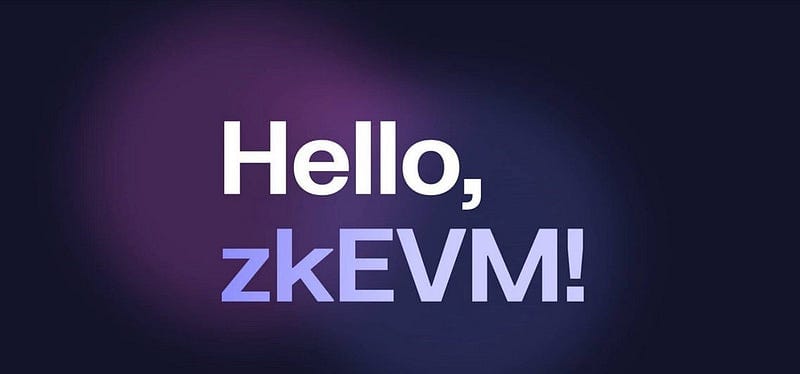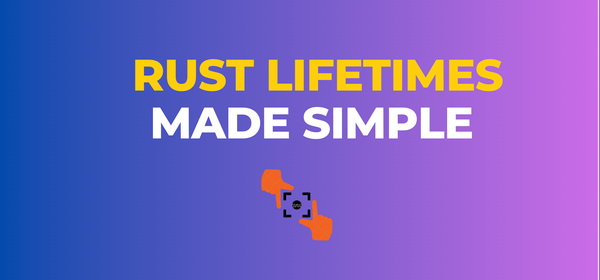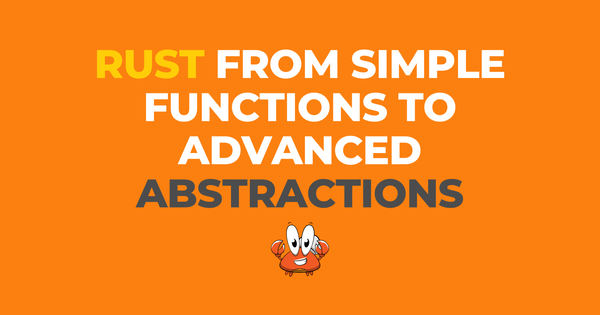Unveiling the Zero-Knowledge EVM
One critical challenge blockchain platforms face maintaining privacy and confidentiality in transactions. Researchers and developers have…

One critical challenge blockchain platforms face maintaining privacy and confidentiality in transactions. Researchers and developers have been working on different cryptographic techniques to address this issue, with Zero-Knowledge EVM emerging as a promising solution.
Let’s explore the concept of a Zero-Knowledge EVM and its implications for blockchain privacy and security.
What is a Zero-Knowledge EVM?
A Zero-Knowledge EVM (Ethereum Virtual Machine) is a modified version of the standard EVM that leverages zero-knowledge proofs to enhance transaction privacy while maintaining the decentralized nature of the blockchain.
Zero-knowledge proofs are cryptographic techniques that enable a party to prove the validity of a statement without revealing any information about the statement itself. In the context of blockchain, this would mean verifying transactions without disclosing sensitive details, such as the parties involved, the transaction amount, or any other confidential information.
How Does a Zero-Knowledge EVM Work?
A Zero-Knowledge EVM functions by incorporating zero-knowledge proofs into the standard EVM, allowing developers to build privacy-preserving smart contracts that work seamlessly on the blockchain.
Here’s a high-level overview of how it works:
- Smart contracts are written to support zero-knowledge proofs, enabling them to process transactions without revealing sensitive information.
- Users interact with these smart contracts by submitting encrypted transactions that only reveal necessary data to the smart contract.
- The Zero-Knowledge EVM then verifies the transaction using zero-knowledge proofs without disclosing confidential details.
- Once verified, the transaction is added to the blockchain, maintaining the privacy and confidentiality of the data.
Benefits of a Zero-Knowledge EVM
The implementation of a Zero-Knowledge EVM offers several benefits to blockchain platforms, including:
- Enhanced Privacy: By incorporating zero-knowledge proofs into the EVM, sensitive transaction data is kept private, fostering user trust and enabling blockchain adoption in privacy-sensitive industries such as finance, healthcare, and government.
- Improved Security: Zero-knowledge proofs minimize the risk of data breaches by ensuring that sensitive information is never exposed on the blockchain, even in a network attack.
- Regulatory Compliance: A Zero-Knowledge EVM allows blockchain platforms to comply with data protection regulations such as GDPR by safeguarding user privacy.
- Scalability: Zero-knowledge proofs can help improve the scalability of blockchain networks by reducing the amount of data that needs to be stored and processed, leading to faster transaction times and lower fees.
Challenges and Future Perspectives
While the Zero-Knowledge EVM holds great potential, some challenges need to be addressed:
- Complexity: Implementing zero-knowledge proofs in smart contracts requires advanced cryptographic knowledge, which may be a barrier for some developers.
- Performance: Zero-knowledge proofs can be computationally intensive, potentially increasing transaction costs and processing times.
Despite these challenges, developing more efficient cryptographic techniques and tools will likely make Zero-Knowledge EVMs more accessible and practical.
Follow me on Medium, LinkedIn, and Twitter.
All the best,
Luis Soares
CTO | Head of Engineering | Cyber Security | Blockchain Engineer | NFT | Web3 | DeFi | 0x546563684C6F766572
#blockchain #solidity #evm #zeroknowledge #zkEVM #protocols #smartcontracts #ethereum #nft #ethereum evm #solidity #web3 #security #privacy #confidentiality #cryptography #softwareengineering #softwaredevelopment #coding #software



